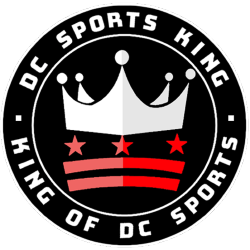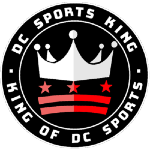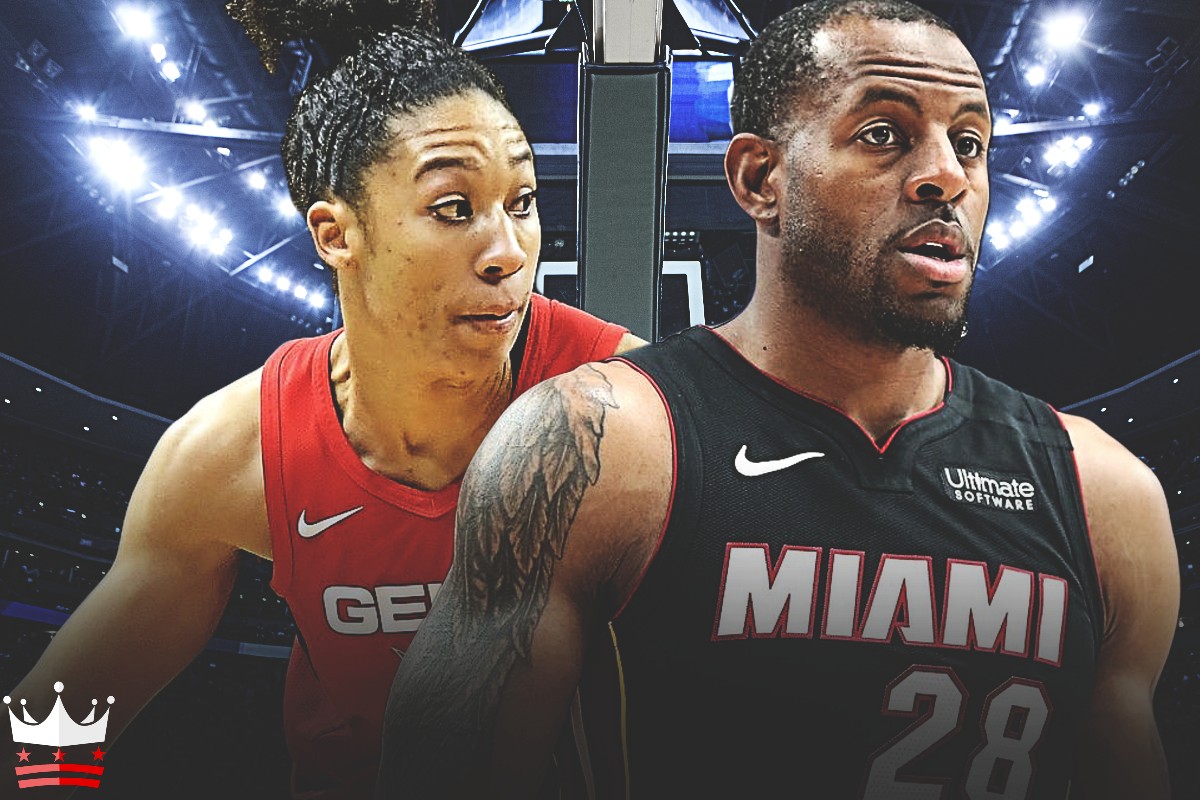The Washington Nationals avoided arbitration with a trio of players, Anthony Rendon, Trea Turner, and Joe Ross before Friday’s 1pm deadline. The Nationals agree to a deal with Sammy Solis last month.
Anthony Rendon
Rendon and the Nationals agreed on a one-year deal that will pay him $18.8 million for the 2019 season, according to Bob Nightengale of USA TODAY Sports.
The deal is over a million dollars more than MLB Trade Rumors‘ $17.6 million projection.
Both the Nationals and Rendon, who is represented by agent Scott Boras, were unable to reach on an extension, but agreed to the one-deal to avoid arbitration. As Mark Zuckerman of MASN points out, both sides can still negotiate an extension even though they settled on the one-year deal.
Rendon becomes a free agent at the end of next season. Nationals general manager Mike Rizzo has expressed optimism of both sides getting an extension done. Rendon is looking for a deal in line with Jose Altuve’s $163 million, seven-year deal he signed with the Houston Astros before the 2018 season.
Rendon has become one of the better third basemen in all of MLB. In the past two seasons, he has hit a combined 49 home runs, drove in 192 runs, and scored 169 runs. He has raised his batting average from .301 in 2017 to .308 in 2018. He has 85 doubles in the last two season and led the NL with 44 in 2018.
Trea Turner
Turner also agreed to a one-year deal. According to Robert Murray of the Athletic, Turner will make $3.725 million for the 2019 season. That a substantial increase from the $577,000 he made in 2018.
Turner has been a pleasant delight for Washington since arriving to the team via trade in 2015. Last season, he led the National League with 664 at-bats and 740 plate appearances. Despite the huge increase in at-bats from a season ago, he maintained the same strikeout rate at 17.8 percent and increased his walk-rate to a career-best 9.3 percent.
Turner has displayed an elite level of speed, stealing a combined 89 bases in the last two seasons, leading the NL with 43 in 2018.
Turner is locked into team control for the next three seasons, entrenching him as the franchise shortstop at the age of 25.
Joe Ross
The Nationals and starting pitcher Joe Ross reached an agreement on Thursday a full day before the deadline. According to Murphy, Ross will make $1 million for next season. Washington has two more seasons of team control of the 26-year old.
Ross returned to the Nationals in September after missing over a year from Tommy John surgery. In his three starts, he had a record of 0-2, pitching in 16.1 innings with a 5.06 ERA.
Ross is expected to compete for Washington’s fifth spot in the starting rotation behind Max Scherzer, Stephen Strasburg, Patrick Corbin, Anibal Sanchez.
Going to Arbitration
Outfielder Michael A. Taylor and reliever Kyle Barraclough will have to file for arbitration as neither were able to get a deal done with the Nationals.
Taylor, who served as the Nationals’ fourth outfielder, is projected by MLB Trade Rumors to receive $3.22 million in arbitration. Barraclough, who the team acquired in a trade from Miami is projected for a salary of $1.9 million.
Taylor had a down season last year. He struggled at the plate with a strikeout-rate of 30.1 percent. His power numbers power numbers dropped off considerably as he hit six home runs and drove in 28 runs. His slugging percentage dropped from .486 in 2017 to .357, his OPS+ from 104 to 69 comparable to 2017. His home run-rate dropped to a career-low 1.6 percent.
Once a prospect, Taylor has fallen behind the duo of Juan Soto and Victor Robles. And if Bryce Harper re-signs with the team, Taylor’s spot in the outfield rotation would be in doubt.
Barraclough had a regressing year in 2018 with the Marlins. His ERA ballooned to 4.20 and he allowed a career-high eight home runs in 61 appearance out of the bullpen. His strikeouts per nine innings dropped to a career-low 9.7 while his ERA+ dropped to 87.
Both Taylor and Barraclough must file for arbitration as the Nationals will submit competing offers before each player has a hearing with a three-judge panel in February to determine a salary for the upcoming season. A deal for either or both can be worked out before the hearing.





















